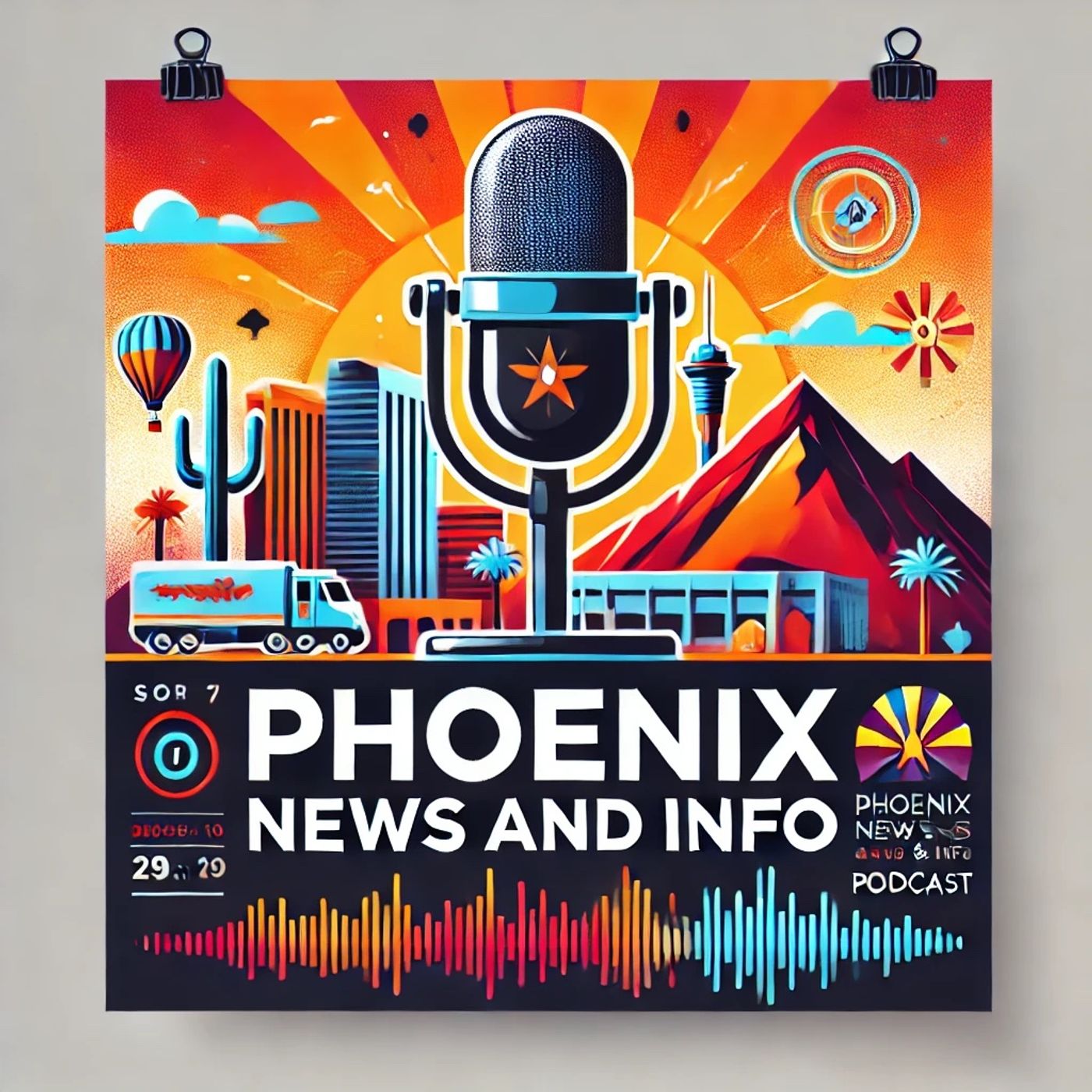Dec 12 2024 2 mins
In recent developments within the Phoenix metropolitan area, several noteworthy events have arisen that encapsulate both the challenges and advancements facing this dynamic region.
Firstly, there were plans for a significant Arizona Senate hearing to address alleged discrimination within the Phoenix Fire Department. Such allegations raise pressing questions about workplace fairness and the treatment of personnel. However, the hearing was unexpectedly canceled, leaving unresolved issues and postponed the discussion of critical measures that might improve or rectify the department's internal environment.
In legal news, the neighboring cities of Tempe and Phoenix have reached a conclusion in their lawsuits over property rights near the local airport. This dispute initially focused on the extent to which residential buildings could be developed within proximate areas to the airport, a matter of concern due to potential noise and safety impacts on future residential developments. The resolution of these lawsuits marks a significant point in urban planning and property development regulations for both cities, albeit specific outcomes of this settlement weren't detailed in the shared information.
Economic developments have also seen a boost with the establishment of a new global fulfillment center by Parts Town, a recognized leader in the distribution of parts for commercial kitchen equipment. The new center, designed to enhance the company’s distribution capabilities, is strategically located in the Phoenix area. This expansion is set to improve supply chain efficiencies, potentially lower operational costs, and speed up delivery times for customers not only domestically but globally. The establishment of this facility speaks to Phoenix’s growing role as a logistics and distribution hub, leveraging its strategic location in the Southwestern United States.
Encompassing social issues, legal battles, and economic expansions, these events reflect the layers of progress and contention that continue to shape Phoenix. The controversies and initiatives occurring in Arizona’s urban centers mirror the complex interplay of governance, economic policy, and community expectations typical of growing metropolitan areas across the United States.
Firstly, there were plans for a significant Arizona Senate hearing to address alleged discrimination within the Phoenix Fire Department. Such allegations raise pressing questions about workplace fairness and the treatment of personnel. However, the hearing was unexpectedly canceled, leaving unresolved issues and postponed the discussion of critical measures that might improve or rectify the department's internal environment.
In legal news, the neighboring cities of Tempe and Phoenix have reached a conclusion in their lawsuits over property rights near the local airport. This dispute initially focused on the extent to which residential buildings could be developed within proximate areas to the airport, a matter of concern due to potential noise and safety impacts on future residential developments. The resolution of these lawsuits marks a significant point in urban planning and property development regulations for both cities, albeit specific outcomes of this settlement weren't detailed in the shared information.
Economic developments have also seen a boost with the establishment of a new global fulfillment center by Parts Town, a recognized leader in the distribution of parts for commercial kitchen equipment. The new center, designed to enhance the company’s distribution capabilities, is strategically located in the Phoenix area. This expansion is set to improve supply chain efficiencies, potentially lower operational costs, and speed up delivery times for customers not only domestically but globally. The establishment of this facility speaks to Phoenix’s growing role as a logistics and distribution hub, leveraging its strategic location in the Southwestern United States.
Encompassing social issues, legal battles, and economic expansions, these events reflect the layers of progress and contention that continue to shape Phoenix. The controversies and initiatives occurring in Arizona’s urban centers mirror the complex interplay of governance, economic policy, and community expectations typical of growing metropolitan areas across the United States.
